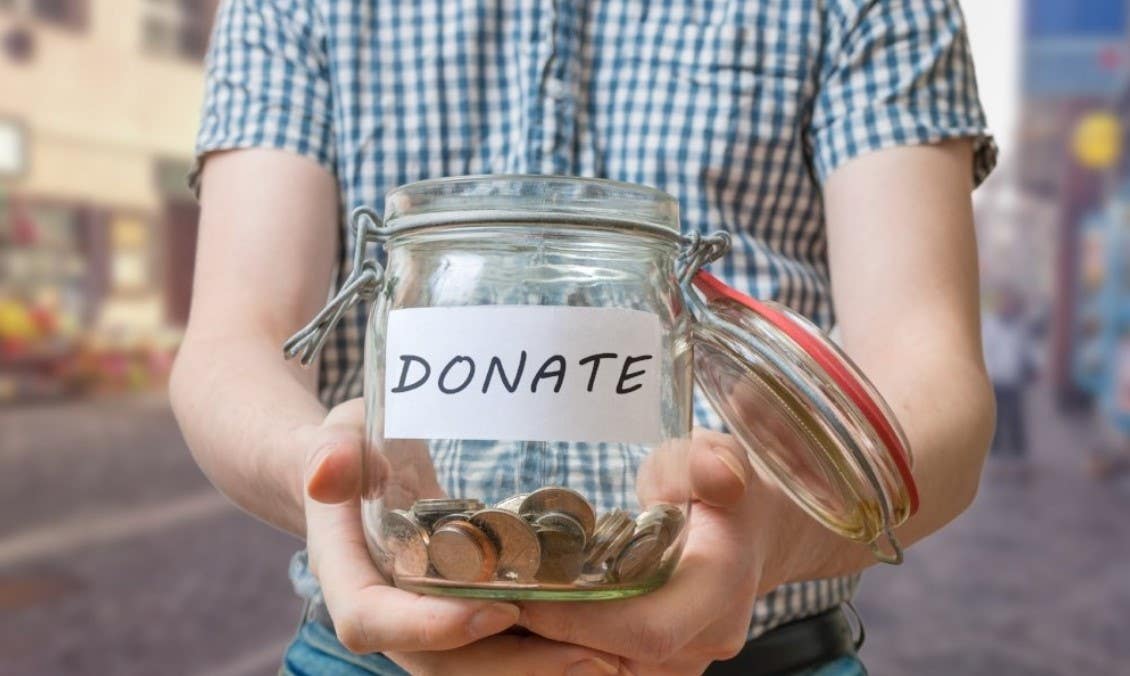Most Americans Gave to Charity With A Main Cause of Helping Children
Despite an unprecedented year, a survey conducted by Smile Train found that most Americans chose to give back to charitable causes

[Mar. 23, 2021: CISION]
Smile Train, the world's largest cleft charity, released today their first report examining how Americans prioritized donating their time and money to charitable organizations in 2020, amid an unprecedented year including a global pandemic, skyrocketing unemployment, worldwide social justice protests, and a presidential election. The report, titled Caring Amid Crisis: How COVID-19 Influenced American Donations, analyzes findings from a survey on consumer donation habits prior to and during the COVID-19 pandemic and how its impacts have changed Americans' perspectives on donating.
A significant finding from the survey shows that most Americans (91%) say it is more important to support charities and fundraising events now versus prior to the COVID-19 pandemic. In fact, 41% of Americans say their donation patterns have increased, with 31% sharing that their giving amount has also increased.
Additional key findings include:
Most Americans have made a monetary donation to charitable causes during the COVID-19 pandemic: 56% of Americans made a monetary donation to a charity during the pandemic, with 15% having volunteered/participated in a virtual fundraising event and 15% having volunteered in-person at a local charity/community event. Among those who made a monetary donation, almost a third (32%) say they have donated over $500 since the beginning of March 2020.
Older Americans focus on monetary donations, while younger Americans donate their time: Older Americans are more likely to make a monetary donation to a charity (40% ages 18-29, 49% ages 30-44, 54% ages 45-60, and 69% ages 60+). However, younger Americans are more likely to organize a virtual fundraising event (14% ages 18-29, 11% ages 30-44, 4% ages 45-60, and 2% ages 60+), volunteer/participate in a virtual fundraising event (23% ages 18-29, 16% ages 30-44, 12% ages 45-60, and 11% ages 60+), and volunteer in-person at a local charity/community event (23% ages 18-29, 16% ages 30-44, 15% ages 45-60, and 9% ages 60+).
Most Americans want to donate to organizations helping children or providing food for individuals who are homeless: When asked which of the following factors are among the top three that influence their decision to donate to a specific charity, helping children (44%) and providing meals/foods for individuals who are homeless (43%) topped the list.
"To know that giving back to children not only continues to be a main charitable focus for Americans but that it has increased as a priority after a challenging year for all, is extremely faith-restoring," said Susannah Schaefer, Smile Train President & Chief Executive Officer. "Our vision at Smile Train is to provide children born with a cleft a chance at having the healthy quality of life that they deserve. We have helped more than 1.5 million children through the gracious donations we have received over the years, and to know that people are still dedicated to helping others, specifically children, is incredible."
Smile Train's sustainable model empowers local medical professionals with training, funding, and resources to provide free cleft surgery and comprehensive cleft care to children globally. For over 20 years, Smile Train has supported safe and quality cleft care for more than 1.5 million children globally and will continue to do so until every child in need with a cleft has access to the care they deserve.
Like these kind of stories? Get The Brighter Side of News' newsletter.
Survey Methodology Smile Train surveyed a representative U.S. sample of 1,036 adults, ages 18+. The sample was balanced for age and gender using the Census Bureau's American Community Survey to reflect the demographic composition of the United States. Fielding was executed in February 2021.
About Smile Train Smile Train empowers local medical professionals with training, funding, and resources to provide free cleft surgery and comprehensive cleft care to children globally. We advance a sustainable solution and scalable global health model for cleft treatment, drastically improving children's lives, including their ability to eat, breathe, speak, and ultimately thrive. To learn more about how Smile Train's sustainable approach means donations have both an immediate and long-term impact, please visit smiletrain.org.
Tags: #Good_News, #Charity, #The_Brighter_Side_of_News



